Maintaining healthy cholesterol levels is one of the key factors in protecting the heart. Along with medication and lifestyle changes, herbal teas have become a natural option supported by many studies.
- 1. Signs of high cholesterol
- 2. Why is cholesterol control important?
- 3. Some herbal teas help lower cholesterol
- 3.1 Ginger tea helps control cholesterol
- 3.2 Green tea – "good friend" of the cardiovascular system
- 3.3 Hibiscus tea supports a healthy heart
- 3.4 Rooibos Tea – a caffeine-free option for a healthy heart and stable blood lipids
- 3.5 Chamomile tea helps relax the mind and helps maintain blood pressure
- 4. Some measures to increase the benefits of herbal tea in reducing cholesterol
These teas not only provide relaxation, but also contain bioactive compounds that have cholesterol-lowering, anti-inflammatory and vascular-protective effects, thereby contributing to overall cardiovascular health. A daily tea habit can be a simple yet effective addition to a healthy lifestyle and long-term prevention of cardiovascular disease.
1. Signs of high cholesterol
High cholesterol often develops silently, without causing obvious symptoms, so it is known as the "silent enemy" of the cardiovascular system. In some cases, the patient may experience signs such as chest pain, fatigue, shortness of breath or fat deposits under the skin, especially around the eyes (xanthoma).
Regular cholesterol screening through blood tests is the most reliable way to detect this condition early. Timely detection and control helps reduce the risk of cardiovascular disease, stroke and related complications.
2. Why is cholesterol control important?
Cholesterol control is an essential step to protecting your heart and preventing dangerous complications. The real risk lies in uncontrolled high cholesterol, especially "bad" cholesterol (LDL).
When LDL accumulates over time, it forms plaque on the artery walls (atherosclerosis). Plaque narrows and hardens blood vessels, restricting blood flow and increasing the risk of heart attack if the plaque ruptures, or stroke if blood flow to the brain is blocked.
Maintaining healthy cholesterol levels through a balanced diet, regular exercise and regular testing helps reduce heart disease risk and prolong life.

High cholesterol often develops silently, without causing obvious symptoms, so it is known as the "silent enemy" of the heart.
3. Some herbal teas help lower cholesterol
3.1 Ginger tea helps control cholesterol
According to information posted on TOI, ginger has long been known as a precious medicine in traditional medicine and a familiar ingredient in daily cuisine . The active ingredient gingerol in ginger has strong anti-inflammatory and antioxidant properties, helping to protect cells and support blood circulation.
Although ginger tea has not been extensively studied as a specific method for lowering cholesterol, several studies – including one published in PubMed Central – show that ginger may help reduce inflammation, limit oxidative stress, and improve insulin response.
These effects contribute to supporting blood lipid regulation, reducing "bad" cholesterol (LDL) and improving cardiovascular health.

Ginger tea helps control cholesterol.
3.2 Green tea – "good friend" of the cardiovascular system
Green tea has long been known as one of the healthiest beverages for the body. Rich in antioxidants called catechins, green tea helps reduce "bad" cholesterol (LDL), while also helping to improve blood pressure and heart function. Research published in Science Direct shows that drinking green tea regularly can reduce the risk of cardiovascular disease thanks to its anti-inflammatory and blood vessel-protecting properties.
With just 2–3 cups of green tea a day, you can not only boost your heart health but also aid in weight loss, detoxify your body and reduce oxidative stress. Thanks to these comprehensive benefits, green tea is considered one of the most widely recommended herbal drinks.

Rich in the antioxidant catechin, green tea helps lower "bad" (LDL) cholesterol.
3.3 Hibiscus tea supports a healthy heart
Not only does it stand out for its eye-catching bright red color, hibiscus tea is also considered one of the most beneficial herbal teas for heart health. Rich in natural antioxidants, hibiscus tea helps reduce inflammation, supports lowering cholesterol and blood pressure, thereby protecting blood vessels and the heart.
A clinical trial published in the journal Science Direct found that people with mild hypertension who drank three cups of hibiscus tea daily for six weeks had a significant reduction in their systolic blood pressure. This finding further supports the evidence that hibiscus tea may be an effective natural treatment to help control blood pressure and improve cardiovascular function.

Rich in natural antioxidants, hibiscus tea helps reduce inflammation, helps lower cholesterol and blood pressure, thereby protecting blood vessels and the heart.
3.4 Rooibos Tea – a caffeine-free option for a healthy heart and stable blood lipids
Rooibos tea is a naturally caffeine-free herbal tea that is great for people who need to control their cholesterol and blood pressure. This beverage is rich in antioxidants, especially two valuable compounds, aspalathin and nothofagin, which have the ability to reduce oxidative stress, lower cholesterol and support overall cardiovascular function.
A study published in the African Journal of Public Health (JPHIA) found that when participants consumed 200-1,200 ml of Rooibos tea per day, their lipid profiles significantly improved, while also recording blood sugar reduction and increased antioxidant capacity.
Thanks to its gentle, caffeine-free properties, Rooibos is a safe and ideal choice to add to your daily tea routine, especially for those looking to take care of their heart naturally.

Rooibos tea is a naturally caffeine-free herbal tea that is great for people who need to control their cholesterol and blood pressure.
3.5 Chamomile tea helps relax the mind and helps maintain blood pressure
Not only famous for its sedative and sleep-inducing effects, Roman chamomile tea is also considered a "silent assistant" for the cardiovascular system. By helping the body relax and reduce stress - an important risk factor for heart disease - chamomile tea indirectly helps maintain stable blood pressure and improve blood circulation.
Rich in antioxidants such as apigenin, luteolin, and quercetin, along with plant sterols, chamomile tea helps reduce inflammation, limit oxidative stress, improve lipid metabolism, and reduce cholesterol absorption. A meta-analysis published in the journal Via Medica also noted that regular consumption of chamomile tea can help control blood lipids, lower blood pressure, and promote overall cardiovascular health.

Chamomile tea reduces cholesterol, maintains stable blood pressure and improves blood circulation.
4. Some measures to increase the benefits of herbal tea in reducing cholesterol
4.1 Avoid a sedentary lifestyle
Physical activity and a healthy lifestyle, including a proper diet, will maximize the benefits of these herbal drinks. Regular exercise improves blood circulation, boosts metabolism and improves overall health, allowing the body to better absorb the nutrients and antioxidants from the herbs.
Additionally, getting enough sleep, managing stress, and drinking enough water will help boost immunity and support long-term health, which will increase the effectiveness of these herbal drinks.
4.2 Healthy diet – the foundation for a healthy heart
A scientific diet plays a key role in reducing cholesterol and protecting cardiovascular health. Prioritizing fiber-rich foods such as oats, vegetables, fruits and beans helps reduce "bad" cholesterol (LDL) in the blood. In addition, adding healthy fats from nuts, seeds, olive oil and fatty fish will help increase "good" cholesterol (HDL), helping blood vessels circulate more smoothly.
For optimal results, limit saturated fat and avoid trans fat – the “silent culprits” that increase the risk of atherosclerosis. Additionally, supplementing with omega-3 fatty acids, plant sterols, and soluble fiber not only helps stabilize blood lipids but also protects blood vessels, reduces inflammation, and improves overall cardiovascular health.
Please watch more videos:
Source: https://suckhoedoisong.vn/5-loai-tra-thao-moc-giup-ha-cholesterol-bao-ve-tim-mach-169251110225714598.htm


![[Photo] The "scars" of Da Nang's mountains and forests after storms and floods](https://vphoto.vietnam.vn/thumb/1200x675/vietnam/resource/IMAGE/2025/11/13/1762996564834_sl8-jpg.webp)

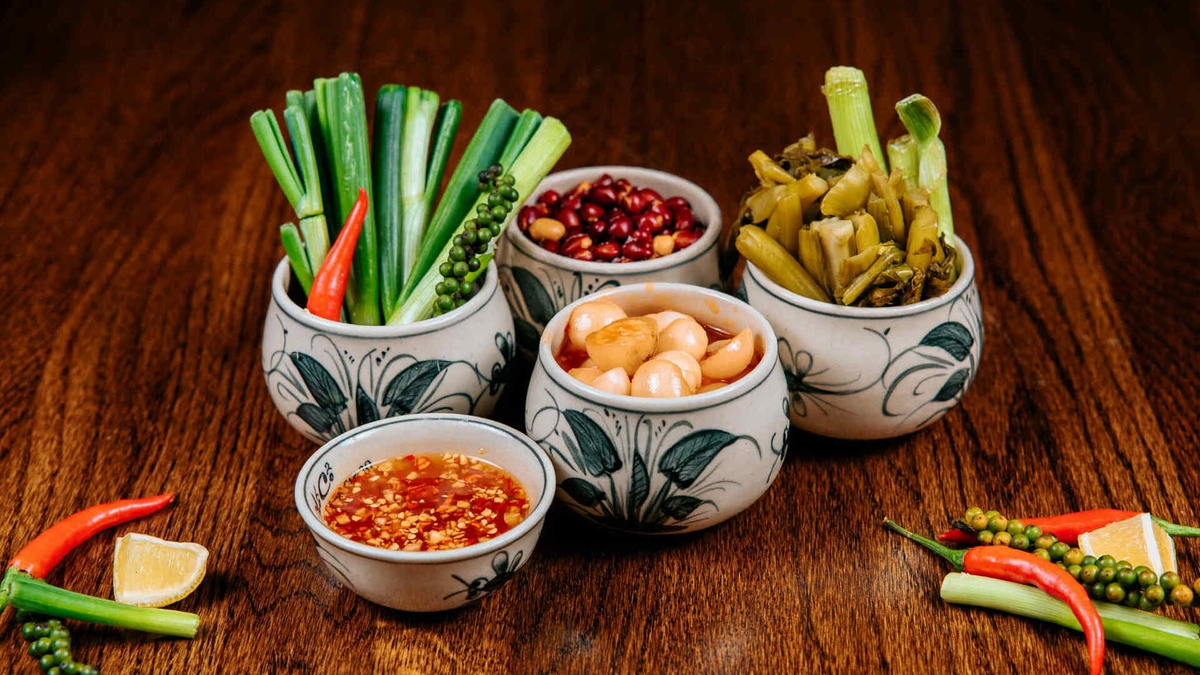



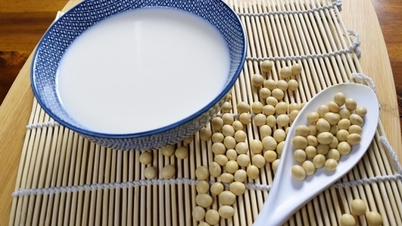







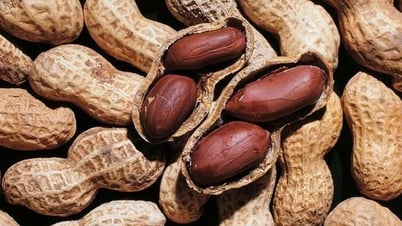


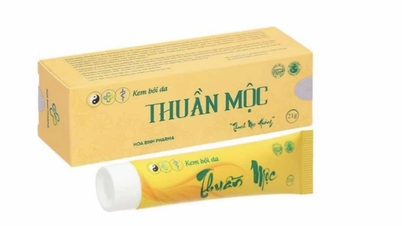




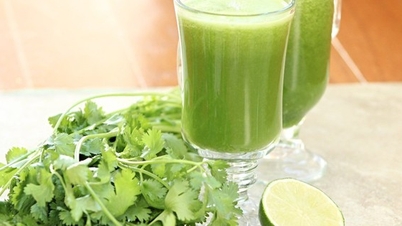










![[Photo] Prime Minister Pham Minh Chinh attends a conference to review one year of deploying forces to participate in protecting security and order at the grassroots level.](https://vphoto.vietnam.vn/thumb/1200x675/vietnam/resource/IMAGE/2025/11/12/1762957553775_dsc-2379-jpg.webp)
























































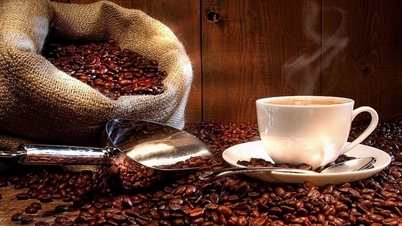







![Dong Nai OCOP transition: [Article 3] Linking tourism with OCOP product consumption](https://vphoto.vietnam.vn/thumb/402x226/vietnam/resource/IMAGE/2025/11/10/1762739199309_1324-2740-7_n-162543_981.jpeg)








Comment (0)